I was asking my Humanities 9 students a series of questions in preparation for a research project.
“Is it OK to use a pencil?”
“Is it OK to use an apple (to make pie, for instance)?”
“Is it OK to use a chicken (to make pie, for instance)?”
Most answered yes to all of the above (but a few looked like they were thinking about pie).
“Is it OK to use a child?
“How about a man or woman?”
“No,” they answered emphatically.
“Why not?”
“Because you can’t use people,” one answered for the rest.
I was struck by their certainty that you can’t treat people the way you treat things, and this ethic isn’t restricted to students in our Christian school. I think everybody knows it.
Romans 2:15 says that the law is written on the hearts of all people. So it makes sense that the second greatest commandment—love your neighbour as yourself—is something that everyone knows.
It is also written on our hearts that while we can use things, we can’t over use them. Again, the Bible asserts that human beings are stewards of Creation. Genesis 2:15 says we we can use it, but we must also take care of it.
If everyone knows these things, why do we continue to exploit people in the sex trade and, more relevant for us, in sweatshops to make us cheap clothing? Why do we tolerate and even participate in the over-use of forests, fisheries, water, soil, etc.?
Here too, the Bible is pretty clear—it’s because of sin—more specifically, idolatry. When one places something else above God, one has created an idol. At the root of most of this exploitation is the false god, call him Mammon. It’s why, for instance, people exploit poor workers in the developing world for huge profits, and possibly behind our desire to pay as little as possible for our stuff despite the human and environmental costs.
The Humanities 9 students investigated ways in which humanity has failed to love their neighbour and take care of creation, but in their investigations they also discovered how organizations are working hard to correct the effects of idolatry. Even more importantly they learned what they themselves can do, or not do, to be better stewards and neighbour lovers.

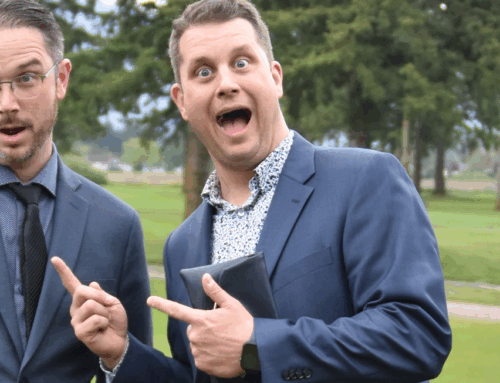
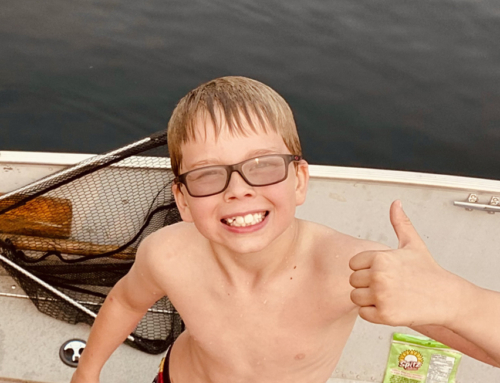
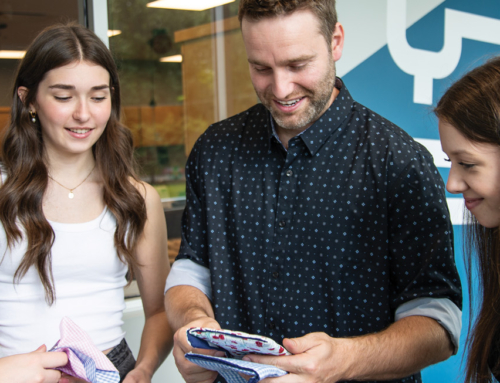
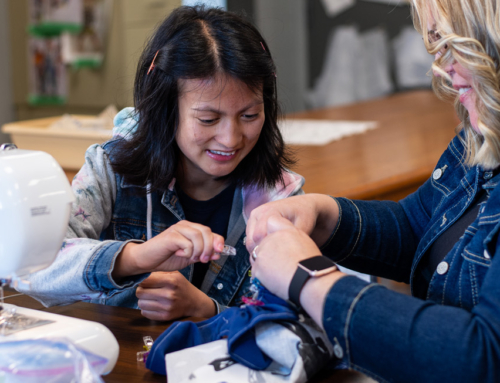
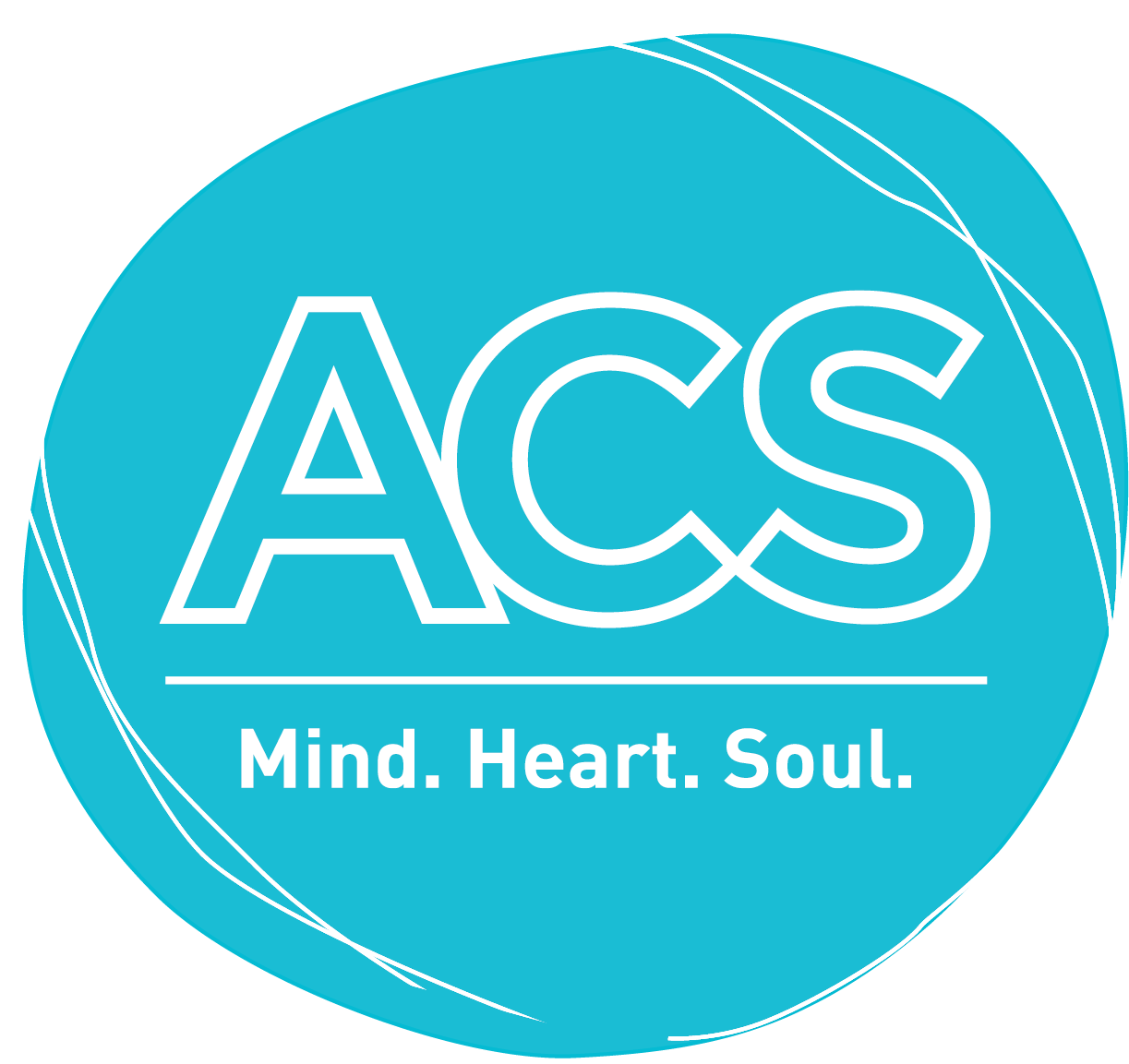
WHAT DO YOU THINK?
Such hard and uncomfortable questions that I need to think through personally. Thanks for challenging us Trent and making us think… Tanya